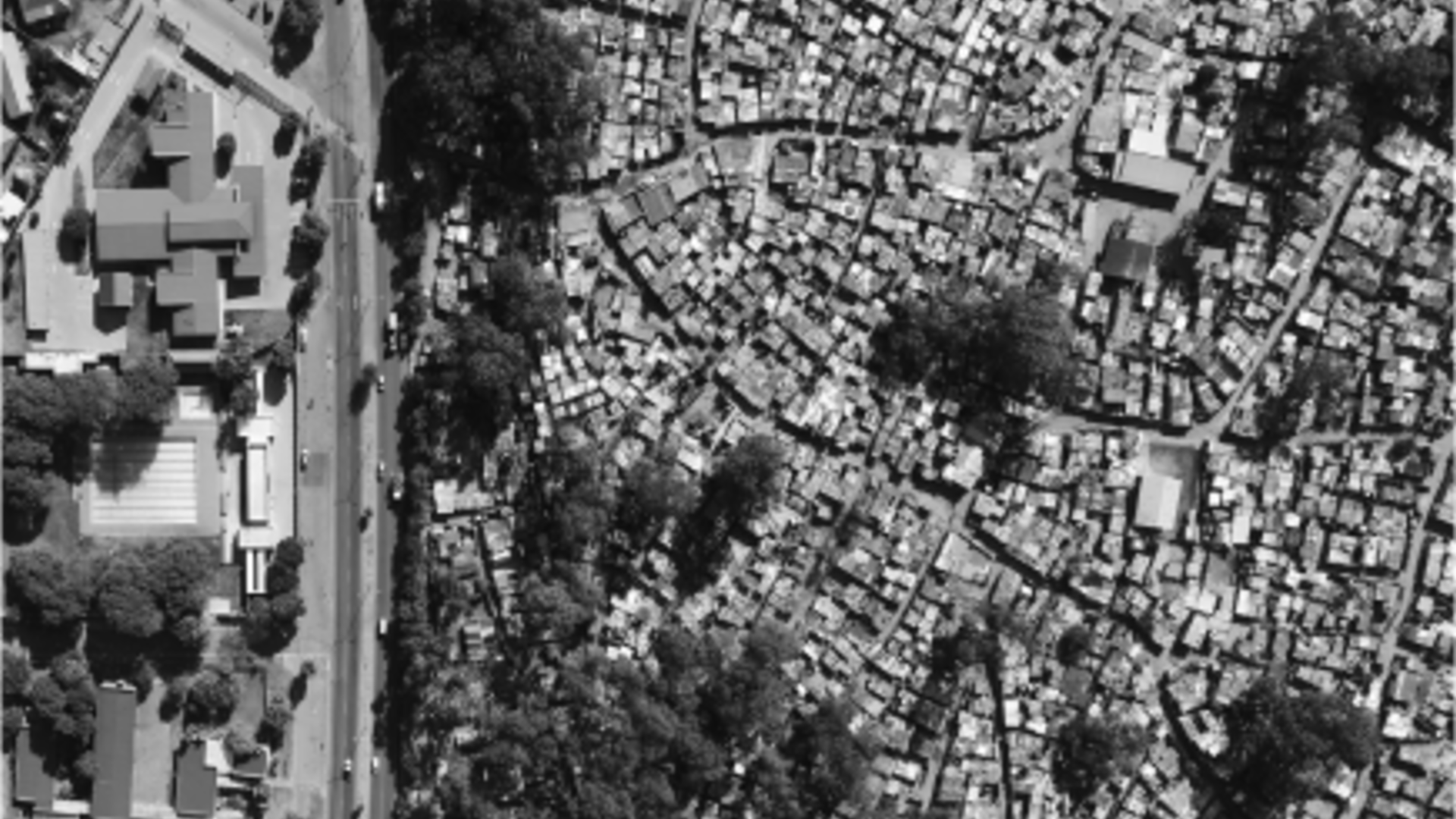Africa’s SMMEs need private capital investments to be a globally competitive trading region
According to the Palladium Group, “This new investment-centred approach to development is based on the idea that mobilising private capital into transparent markets is key to driving sustainable economic growth over the long term. Investing in a country’s productive capacity allows companies to produce more goods and services that the country can then trade under pre-existing global preference programmes.”
The United States’ Prosper Africa initiative facilitates bilateral investment and trade between the US and the continent. The United Kingdom pledged to invest an additional $4.5 billion in Africa by 2022, and EU countries are now responsible for 40% of all foreign direct investment (FDI) into African markets. Other non-Western countries like China, India, Turkey, and the United Arab Emirates, are increasingly looking to compete for investment opportunities on the continent. Africa must exercise wisdom when selecting whom to partner with in boosting our economy. With our rich natural resources and pool of budding and talented entrepreneurs, we hold more bargaining power than we think.
Africa needs to increase intra-African and regional trade
According to the African Development Bank (AfDB), although Africa’s population tripled over the last 50 years (accounting for around 17 percent of the world’s population), Africa’s share of global trade has decreased steadily over the same period, from 4.4 percent to 3 percent.
Intra-African trade is limited compared to other continents, like Europe. According to the European Commission, the EU accounts for around 14 % of the world’s trade in goods with the value of international trade in goods significantly exceeding that of services (by about three times).
The obstacles to intra- and extra-African trade are well known including non-tariff barriers like lack of cross-border infrastructure, high-cost of distribution and excessive regulation. Tariffs like taxes imposed on citrous fruit exports from Africa to the EU hinder our global competitiveness for these types of goods. Also, there are supply-side constraints, lack of access to markets and global best practice, as well as financing gaps like private capital investment.
An opportunity for Africa’s Small, Medium and Micro Enterprises (SMMEs)
Despite the low levels of intra-African trade and increased trade uncertainty there remains a deep-well of profitable opportunities ready for access. There are several sectors in which progress has been exponential on the continent.
Africa has the youngest population in the world in contrast to other developed parts of the world where population rates are declining and ageing. Africa possesses extraordinary natural resources like solar, wind and hydropower which can be leveraged for renewable energy. This is increasingly critical as the developed world seeks to move away from using fossil fuels and gas to meet its energy demands.
Africa has a wealth of untapped potential in the small, medium, and micro-enterprise sector (SMME) and assisting their growth will be transformational for the continent. The continent needs private capital investment in its SMME sectors to ensure it can participate and be competitive in the global marketplace.
According to the OECD report entitled, “Enhancing the contributions of SMEs in a global and digitalised economy,” SMEs play a key role in national economies around the world, generating employment, value-add and innovation.
“SMEs are central to the efforts to achieve environmental sustainability and more inclusive growth. Better access to global markets and knowledge networks can strengthen SMEs’ contributions, but trade and investment barriers undermine SME participation, and poor physical and ICT infrastructure prevents SMEs from operating efficiently and accessing international markets at competitive costs” says the report.
Private capital investment into Africa’s SMMEs, with a focus on support and digital integration, can assist with access to trading opportunities which will boost economic growth in their nations.
Digitisation and mobile penetration are opening doors of mass opportunity in Africa’s creative industries. Africa’s cultural goods sector is estimated to employ about half a million people and generate $4.2 billion in revenue. Major companies like Netflix, Universal Music Group, Sony Music, Warner Music Group, Facebook, Google and Amazon have recently entered the African market.
The continent is one of the few places on earth with uncultivated arable land – in fact it’s estimated that 60% of the world’s uncultivated arable land can be found in Africa. Agricultural production is up 160% over the past 30 years, far above the global average of 100%. Africa has the potential to become a major agricultural player globally, facilitating the export of its products off-shore. Transforming the agricultural value chain is paramount to progress in Africa and private capital investment can provide the fuel it needs.
Healthcare start-ups, that have leveraged high mobile penetration rates have becoming increasingly important in closing the gap to lack of quality healthcare. Private capital investors are recognising this potential: between 2019 and the first half of 2020, funding to health-tech start-ups more than quadrupled, growing from $20 million to more than $90 million.
Africa’s fintech sector is already attracting multinational private capital investment players and is forecast to grow by 8.5% a year. The continent’s retail banking penetration rate is still relatively low at 38%, which means the sector remains attractive to investors for the next decade.
Fintech is a hotly contested sector in Sub-Sahara Africa with South Africa, Kenya and Nigeria at the forefront. There is unique innovation taking place challenging societal issues that are not adequately addressed by traditional financial systems.
Lipa Payments is a South African produced Fintech that focusses on bringing financial services to low-income areas where internet penetration is poor. Their system allows digital payments to take place in areas without any network coverage. This type of technology bridges the digital divide by serving previously disadvantaged people with modern-day banking services and was funded by private capital investment.

